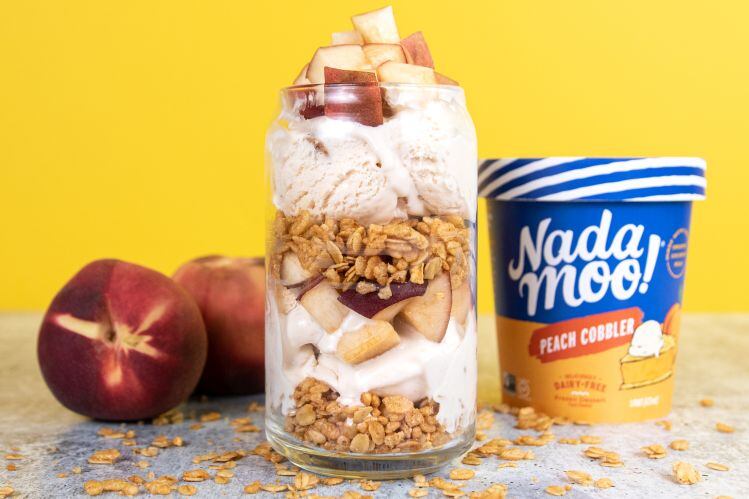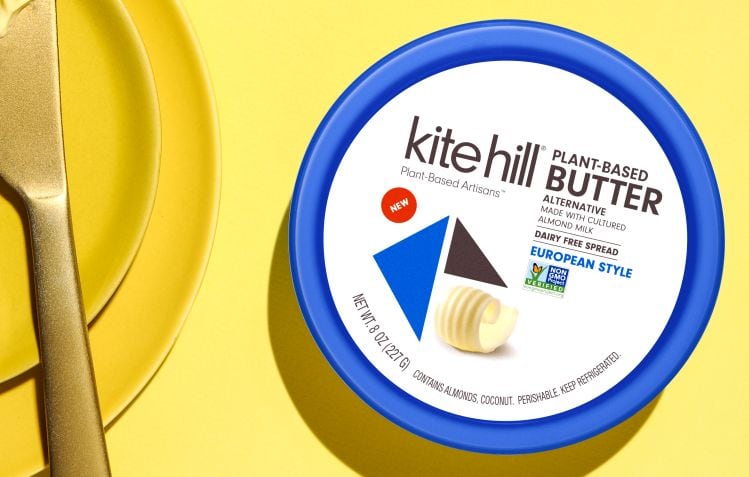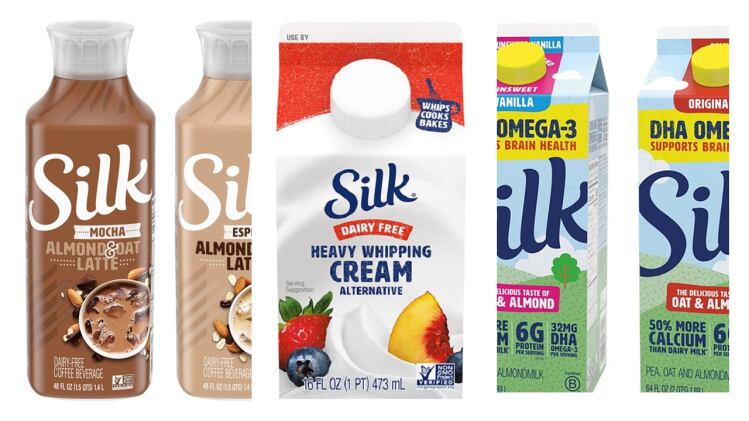The Austin, Texas-based company, which has 16 flavors in its vegan, organic and certified fairtrade portfolio, announced it will be working with packaging supplier Evergreen Packaging’s sentinel paperboard to bring the paperboard pint cartons, lined with a bio resin polyethylene coating made from sugarcane biomass, to market.
The company’s CEO Daniel Nicholson said: “Our new Evergreen Sentinel packaging is made up of two components that are now being more sustainably sourced: a renewable sugarcane-based bio resin polyethylene coating, along with a paperboard product sourced from sustainably and responsibly managed forest trees. By taking these incremental steps to be an even more eco-friendly, sustainable product and company, it is our hope that we will be joined by additional, larger parties in our category to maximize the overall impact of these changes.”
Although certain recycling companies can recycle the new packaging by breaking down the components, the pint cartons are not recyclable at a consumer-level as the infrastructure is not currently in place at most recycling facilities. NadaMoo! will therefore not add a recycling logo to the pint cartons.
The sugarcane-based packaging will be rolled out in March and April and by summer, the brand’s peak selling season, supermarket shelves will be stocked almost exclusively with the new-look branded pints. Nicholson described the packaging change as “a capital-intensive project that took time and energy and investment on our end” but added that no additional costs will be passed on to the consumer.
Product rebrand will make logo more prominent
In order to mark its 15th birthday, the certified B Corporation company is also rebranding its product design, giving more prominence to its logo and brand name.
This reflects its comfortable position as a leading player in the plant-based, non-dairy ice cream category, Nicholson said. “Four years ago, we refreshed [the packaging] and decided to have the largest font focused on the flavor name because then we felt we were still an up-and-coming brand and consumers make decisions to purchase ice cream that are flavor driven.”
Although NadaMoo! has been around for 15 years, it still sees itself as a start-up. It recently launched a series B fundraising round and is currently talking to several interested investors, hoping to close the round by summer 2020, although it did not disclose the amount it is hoping to raise.
"We still have a start-up culture and mentality, and that’s how we approach our work everyday,” Nicholson told FoodNavigator-USA.
“I’m a firm believer that the second you stop thinking like a start-up, you stop innovating and we never want to get sedentary as brand. We want to push boundaries to become a more impactful force for the food and beverage industry.”




